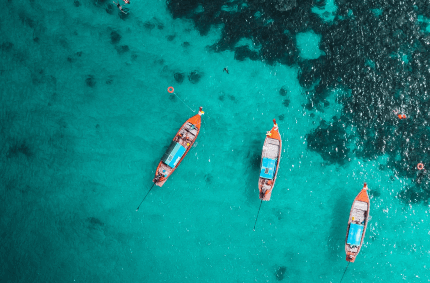Lead institution:
Kenya Marine Fisheries Research Institute – Kenya
The western Indian ocean is warming up faster than the other global oceans, with potential repercussions on its future productivity.
Upwelling and downwelling are the driving mechanisms that facilitate nutrients and plankton mixing to different layers of the ocean. Climate change is also expected to affect currents dynamics further affecting oceanic nutrients distribution. As environmental factors change, food-supply, shelter and nurseries also shift over time, forcing many marine species to move to different locations.
Future climate projections suggest that the Indian Ocean will continue to warm, driving this previously productive region into an ecological desert. This has major ramifications for fisheries. For example, WIO is responsible for 20% of the global tuna catch and, moreover, is the spawning grounds for these species.
Start Date: 02/10/2023
End Date: 29/09/2028
Lead Contact: Joseph Kamau (jkamau@kmfri.go.ke)
